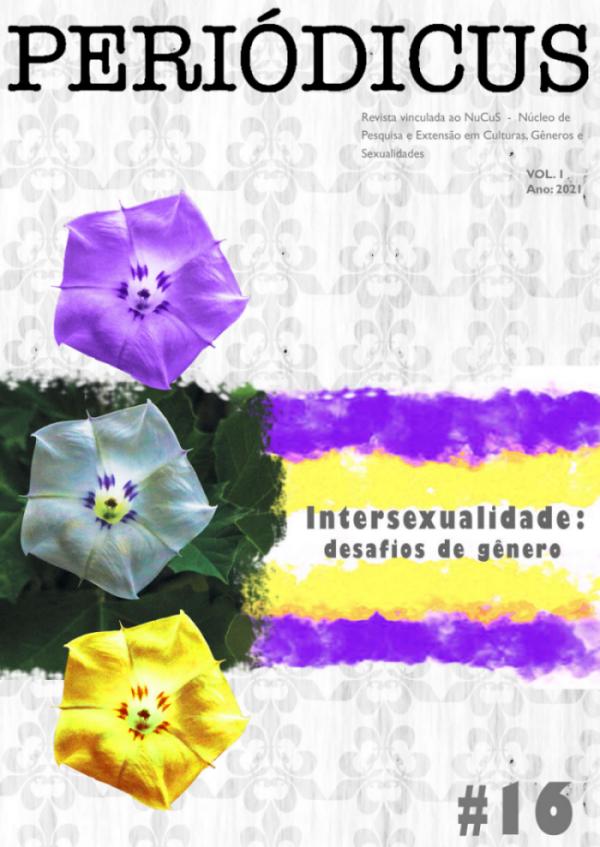Bodies that defy norms: Public Defender’s narratives about intersexuality
DOI:
https://doi.org/10.9771/peri.v1i16.42824Abstract
This article aims to analyze how the Human Rights Bureau of the Public Defender’ office of the State of Pará, Brazil, acts in the legal demands of intersex people, from a semi-structured interview with this public agency government employee. First, we will discuss intersexuality as a “potentially dangerous” life for the heterosexual matrix. Second, we will analyze the legal demands of intersex people in the Human Rights Bureau. Finally, we will present the challenges and advances in the protection and guarantee of the rights of intersex people. In conclusion, Medicine and Law are two major fields of normalization of intersex individuals in the binary logic of gender, and in this context, the obligation of a legal sexual definition and the performance of corrective surgery may end up becoming human rights violations.
Downloads
Downloads
Published
How to Cite
Issue
Section
License
Copyright (c) 2021 Manoel Rufino David de Oliveira, Alisson Costa Gonçalves

This work is licensed under a Creative Commons Attribution-NonCommercial 4.0 International License.
Authors who publish in this journal agree to the following terms:
Authors retain copyright and grant the journal the right of first publication, with the work simultaneously licensed under a Creative Commons Attribution Noncommercial License that allows the work to be shared with acknowledgment of authorship and initial publication in this journal, but prohibits commercial use.
Authors are authorized to enter into separate additional contracts for non-exclusive distribution of the version of the work published in this journal (e.g., publishing in an institutional repository or as a book chapter), with acknowledgment of authorship and initial publication in this journal.
Authors are permitted and encouraged to publish and distribute their work online (e.g., in institutional repositories or on their personal website) at any point before or during the editorial process, as this can generate productive changes and increase the impact and citation of the published work (see The Effect of Open Access).








